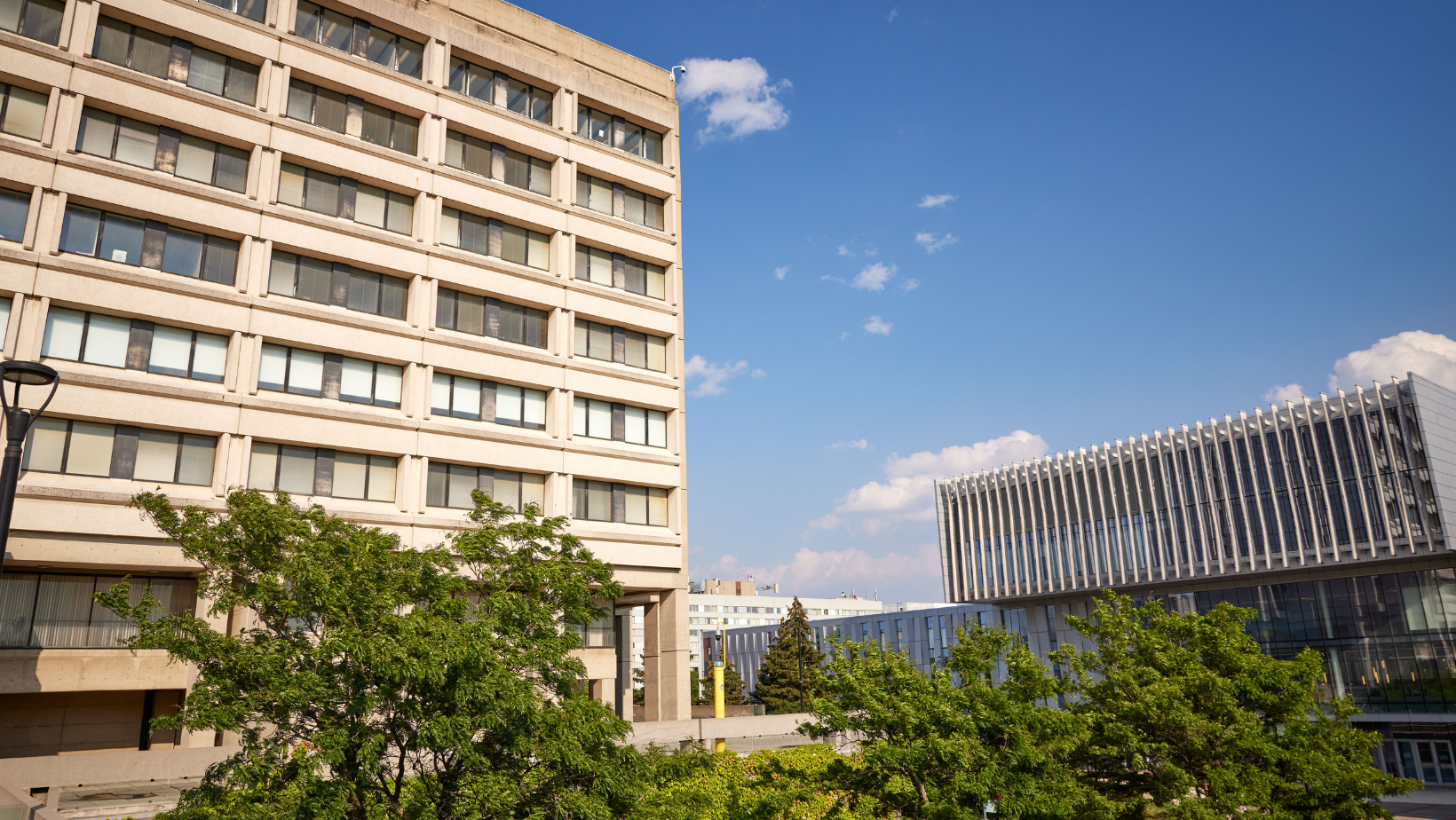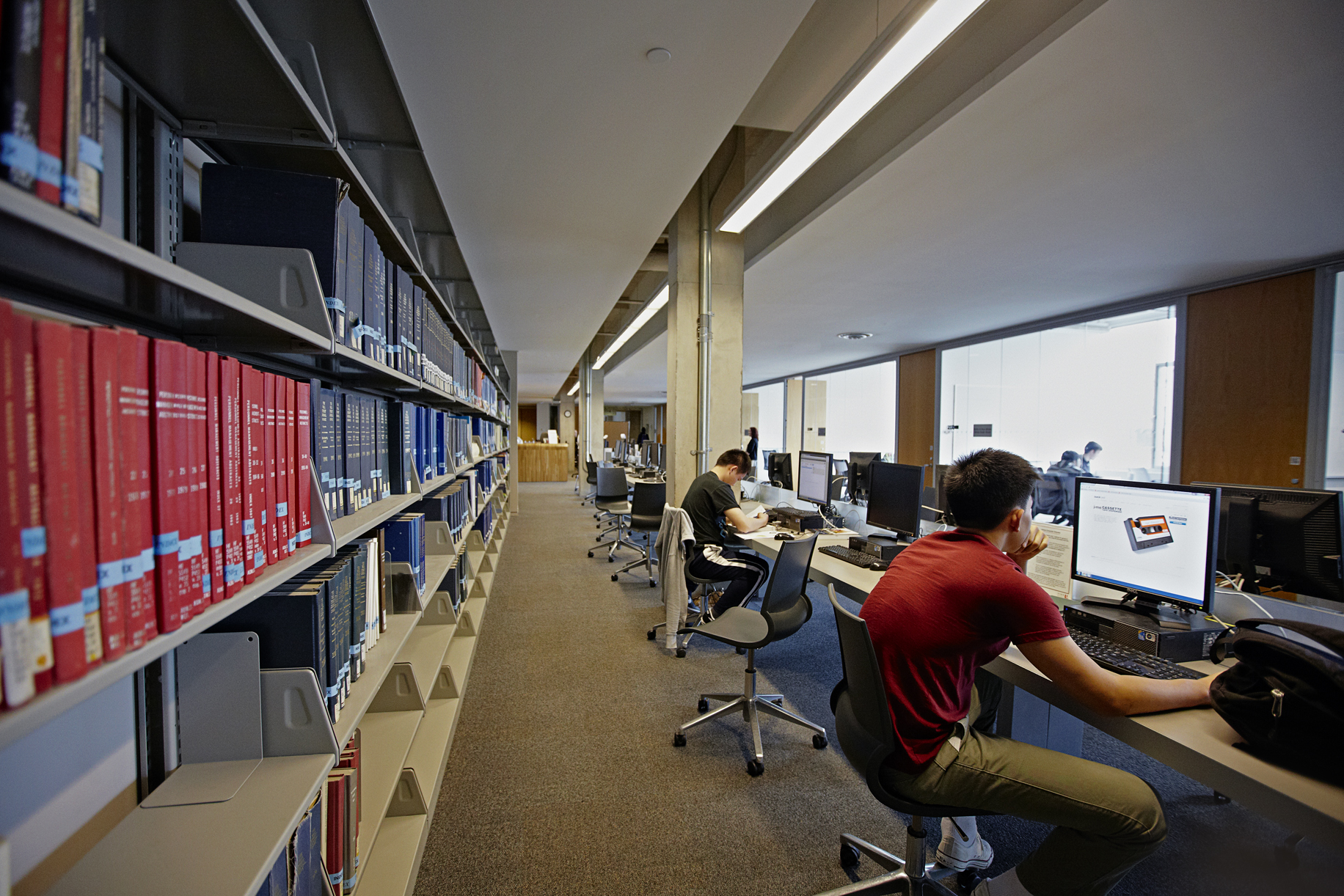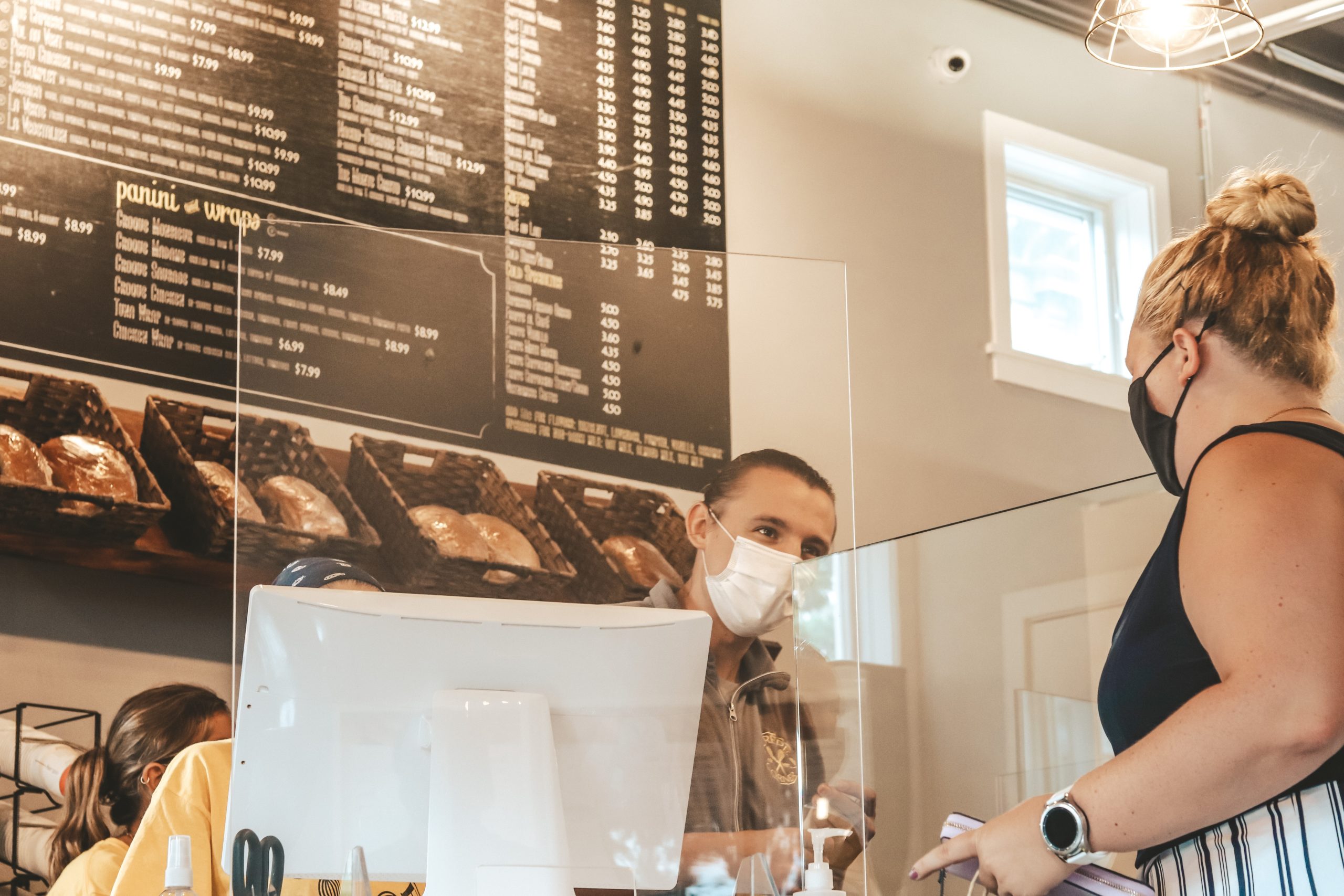The Global Labour Research Centre (GLRC), based in the Faculty of Liberal Arts & Professional Studies, engages in the study of work, employment and labour in the context of a constantly changing global economy. The Centre’s work is organized around five major themes:
- Work, Employment, and Labour Rights
- Migration, Citizenship, and Work
- Gender Relations in Work and Labour Movements
- Revitalization of Workers’ Movements
- Work and Health
The GLRC acts as hub for pan-university research collaboration on global labour, and promotes research that engages with a wide range of labour and community partners.
Quick Links
Upcoming Events
No event found!
Latest News
Explore the GLRC

June 1, 2023
New GLRC Director - Adrian Smith

May 25, 2023
Labour Research at Congress 2023

February 22, 2023
New Climate Action Series

February 22, 2023
Upcoming Winter Events

January 20, 2023
Undergraduate Research Award

January 17, 2022
New Faculty Profile - Ling Jiang




